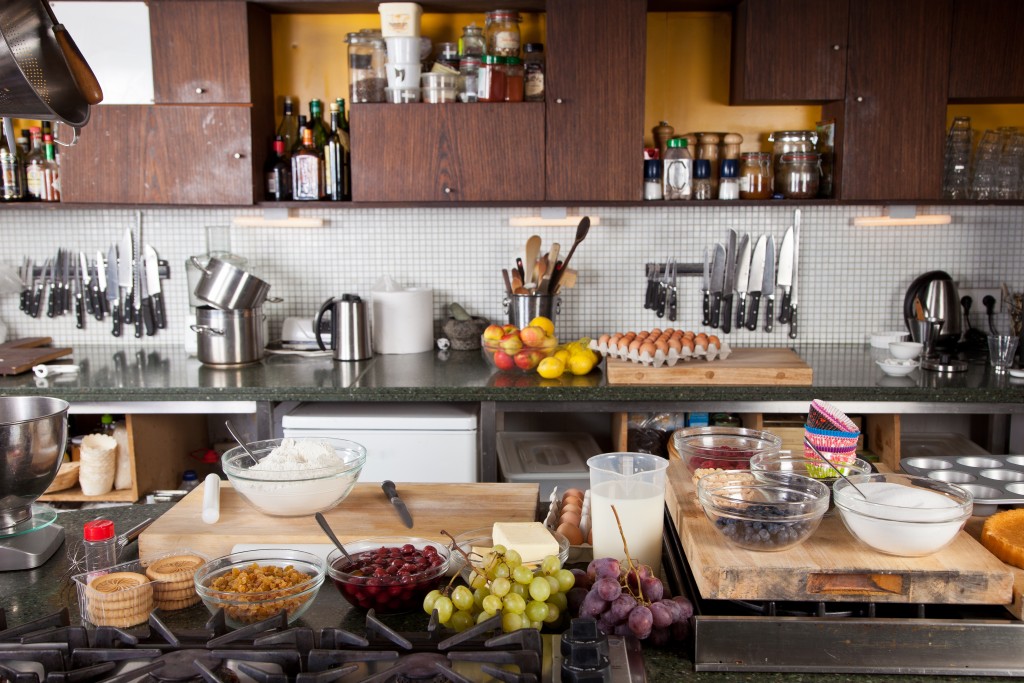Have you been always a passionate baker, dreaming of owning a bakery? Have you only started baking during quarantine, after reading all the sourdough recipes online? Whatever has inspired you to finally act on your entrepreneurial dream, think about a key aspect to business security: food safety.
For the Beginner Baker
Setting up a bakery, as with any business venture, is a big investment. You’ll need to invest in quality baking equipment, find the right space, come up with a good mix of products and maybe look into further lessons to explore other techniques that will improve your baked goods.
But as with any food business, don’t overlook the critical role of safety and hygiene when preparing your products.
What is Food Safety?
Food safety involves business policies and safety precautions to avoid food contamination. This is to prevent unwanted cases of illness such as Salmonella. Illnesses caused by the mishandling of food products are completely preventable by implementing appropriate business practices. Food business owners simply need to be knowledgeable about these practices.
Each country has its food safety regulations, policies and best practices. Given this, it is important to be fully aware and to do thorough research before starting your food business.
Consequences
So what happens if you violate your country’s food safety regulations? There is a possibility that you would get fined a big sum of money, on top of possibly going to prison.
Here’s a short case study. Austin “Jack” DeCoster and his son, Peter DeCoster were said to be responsible for the Salmonella outbreak in 2010 that affected thousands of individuals. They were each sentenced to 3 months in prison with a $100,000 fine.
They are not the first and only ones who violated food safety regulations. Whether you were aware of the violations or not, you would still have to face the consequences. So what is it going to be? Prison or research?
The answer seems pretty obvious.
How Can You Avoid Accidentally Poisoning a Customer?

How can you avoid prison? In baking, it’s not all about the flour. Oftentimes, it’s in how you handle the ingredients, and in how you maintain the production area.
Make sure to implement strict personal hygiene policies in your bakery. This is to prevent bacteria from getting in contact with the handled food products. These policies should include regular washing of hands, and properly washing utensils and the food preparation area.
Ensure that all of your ingredients are fresh and well-stored. It is pretty obvious that when it comes to food production and the food business, the ingredients to be used have to be of good quality and in good condition. Although, it may be overlooked if one isn’t careful. Assign someone or a team to be responsible for checking each stored ingredient to keep track of its quality and freshness.
You need to conduct proper equipment maintenance. This applies to the appliances directly used in baking such as mixers, blenders, and your oven. By doing so, it will prevent the buildup of bacteria that may have already been growing in your appliances. It also applies to the larger equipment of the whole baking facility.
You should further conduct regular cleaning of refrigerators, the dusting of fans and cleaning of air ducts to maintain a clean and well-ventilated production area that is suitable for safe food production.
Conclusion
It is understandable if you are eager to start your own baking business. When it comes to food production, though, you are left with big responsibilities to fulfill with your customers. Food contamination is no joke and could lead to serious illnesses which could lead to major lawsuits.
Given all of these, it seems that the main ingredient to a successful baking business is to always be aware of the food you are handling and to take good care of the process of production. When dealing with baked goods and food, in general, the golden rule is: safety first.

